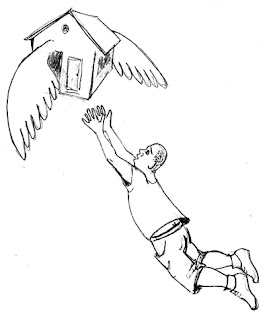 The prices of the cheaper homes and fixers in King and Pierce counties have gone up by about $20,000 to $40,000 since January this year, and the prices of the condominiums have gone up by $10,000 to $20,000. To make the matters worse, the inventory of available affordable homes shrunk to almost nothing.
The prices of the cheaper homes and fixers in King and Pierce counties have gone up by about $20,000 to $40,000 since January this year, and the prices of the condominiums have gone up by $10,000 to $20,000. To make the matters worse, the inventory of available affordable homes shrunk to almost nothing.
Right now in King County there are a total of 18 houses for sale under $90,000, out of which there are only two that can be financed; one of them is a HUD house in Federal Way for $85,000 + $4,000 in repairs escrow, and another one is an $88,500 in Auburn, which can go Homepath or Conventional - I strongly suggest grabbing it immediately. The remaining 16 houses are fixers in a very bad condition. Six of the 16 are basically dilapidated cabins in Skykomish or Baring. The cheapest cabin in Skykomish is $35,000 cash.
The current listings in Pierce County are as follows: Out of 77 homes that came up in an under $80,000 search only 29 can be financed, the rest are fixers or mobiles in a bad condition. From the 29 financeable houses three are in Ashford near the Mt. Rainier Park entrance, one is $59,000 and two are $68,000 - very affordable but also a bit far from civilization (about 30 or 40 miles to a nearest Walmart and Goodwill stores in Yelm), although, I hear, there is plenty of fish in the nearby river, so you wouldn't starve. There is a nice short sale 3-bedroom house in Tacoma for only $65,000 and there doesn't seem to be anything wrong with it. Then there are 3 fairly nice HUD homes: in Gig Harbor, Tacoma, and Spanaway for $70,000-$72,000






